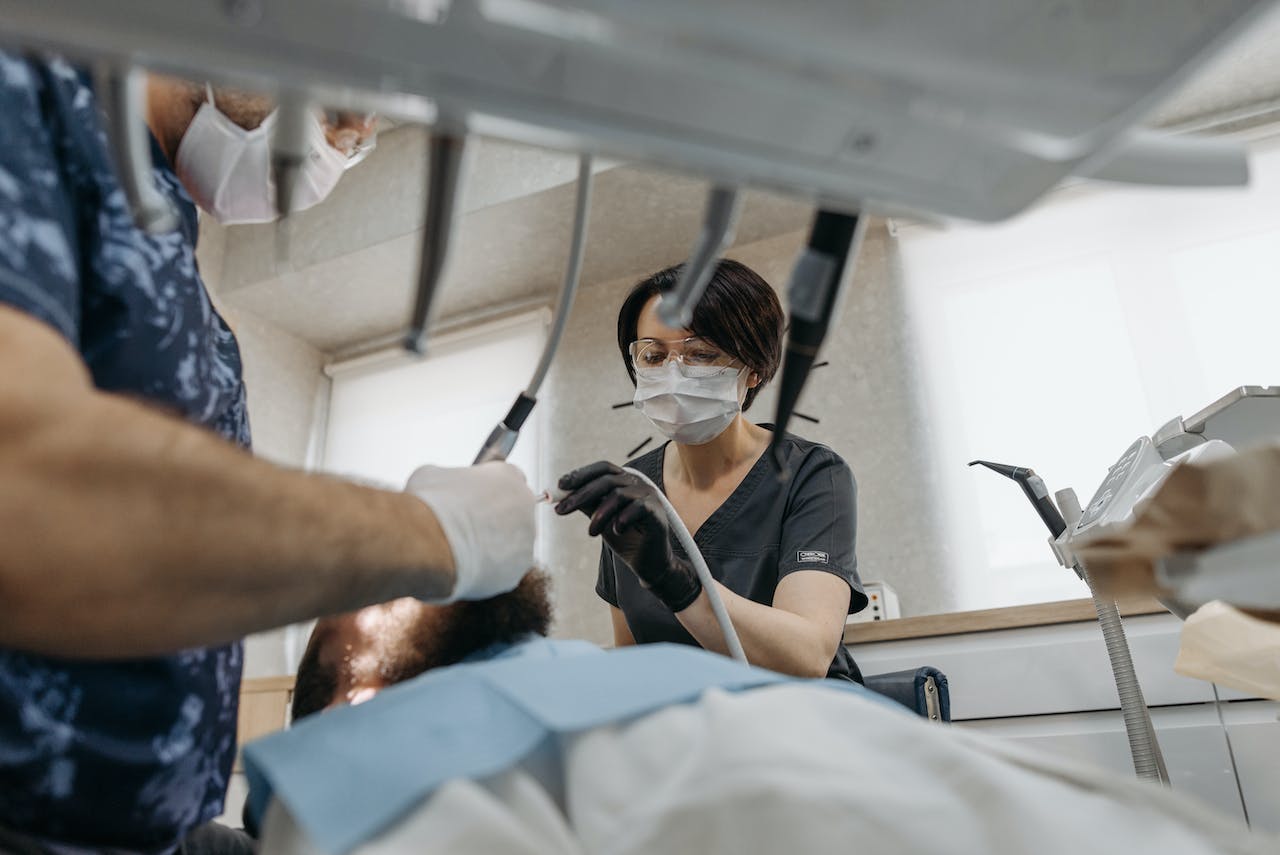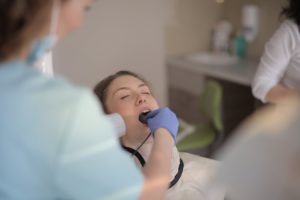
In the realm of oral health, anxiety surrounding dental visits is a common and formidable issue for many individuals. The fear of dental procedures, often known as dentist anxiety, can lead to avoiding essential dental care, jeopardizing oral health and overall well-being. Fortunately, there is a revolutionary solution that offers a tranquil alternative for those grappling with dental anxiety – sleep dentistry.
Understanding Dentist Anxiety
Dentist anxiety is a prevalent concern that affects people of all ages, leading to a range of emotions from mild nervousness to severe panic attacks. The fear may stem from various sources, including past traumatic experiences, fear of needles, or the general discomfort associated with dental treatments. The consequences of dental anxiety can be profound, often resulting in delayed or neglected dental care, which can exacerbate existing oral health issues.
The Promise of Sleep Dentistry
Sleep or sedation dentistry presents a promising avenue for those seeking a more relaxed and anxiety-free dental experience. This innovative approach involves the use of sedatives to induce a state of deep relaxation or even sleep during dental procedures. The primary goal of sleep dentistry is to alleviate anxiety and ensure that individuals receive the necessary dental care without the stress and fear commonly associated with it.
Critical Benefits of Sleep Dentistry for Dentist Anxiety:
- Profound Relaxation:
Sleep dentistry provides a profound level of relaxation, calming anxious nerves and allowing individuals to undergo dental procedures without heightened stress. The sedatives are carefully administered to ensure the patient’s comfort and well-being.
- Time Efficiency:
Dentists can often accomplish more in a single session by inducing a state of relaxation or sleep, minimizing the need for multiple appointments. This can be particularly beneficial for individuals with busy schedules or those who prefer to reduce the frequency of dental visits.
- Pain Management:
Sleep dentistry goes beyond anxiety relief; it also addresses pain management. The sedatives have analgesic properties, ensuring patients experience minimal discomfort during and after dental procedures.
- Improved Treatment Compliance:
Individuals suffering from dental anxiety may avoid or delay essential treatments. Sleep dentistry increases treatment compliance by making it more accessible and less daunting for those who would otherwise hesitate to seek dental care.
- Memory Blockade:
One of the unique features of sleep dentistry is the partial or complete blockade of memory formation during the procedure. This amnesic effect helps in erasing the anxiety-inducing aspects of the dental experience from the patient’s memory, contributing to a more positive outlook on future visits.
- Versatility of Applications:
Sleep dentistry is not limited to specific dental procedures. It can be applied to various treatments, from routine cleanings to complex interventions like oral surgery. This versatility makes it an inclusive option for individuals with varying dental needs.
 Choosing Sleep Dentistry: What to Expect
Choosing Sleep Dentistry: What to Expect
Before opting for sleep dentistry, it’s essential to have a comprehensive understanding of the process and what to expect during and after the procedure.
- Consultation:
A thorough consultation with the dentist is the initial step. During this discussion, the patient’s medical history, level of anxiety, and specific dental needs are assessed to determine the most suitable sedation approach.
- Customized Sedation Plan:
Based on the consultation, the dentist develops a customized sedation plan. The sedatives used may range from mild to profound, depending on the individual’s anxiety level and the complexity of the dental procedure.
- Administration of Sedation:
The selected sedation method is administered on the day of the dental procedure. Patients must have a trusted companion to accompany them, as they may be unable to drive or make decisions after the sedation.
- Dental Procedure:
Once the sedation takes effect, the dentist proceeds with the planned dental procedure. Throughout the process, the patient remains in a state of deep relaxation or sleep, oblivious to the details of the treatment.
- Recovery:
After the procedure is completed, the patient is monitored during the recovery period. The sedative’s effects gradually wear off, allowing the individual to wake up naturally.
- Post-Procedure Care:
The dentist provides post-procedure care instructions, and the patient may experience residual drowsiness for a few hours. It’s essential to follow the guidelines provided for a smooth recovery.
Sleep dentistry stands as a transformative solution for those grappling with dental anxiety, offering a path towards comprehensive oral care without the burden of fear and stress. The benefits of profound relaxation, time efficiency, pain management, improved treatment compliance, memory blockade, and versatility make sleep dentistry an attractive option for individuals seeking a more comfortable and anxiety-free dental experience.
As we delve into an era where dental care is not just a necessity but an experience aimed at promoting overall well-being, sleep dentistry emerges as a beacon of hope for those who have long avoided the dentist’s chair due to anxiety. Individuals can reclaim control over their oral health by choosing sleep dentistry, ensuring a brighter and healthier smile for years to come.
